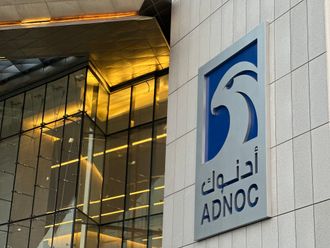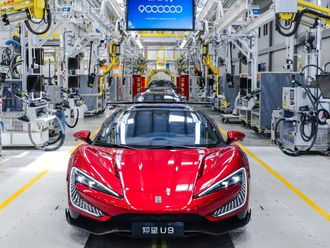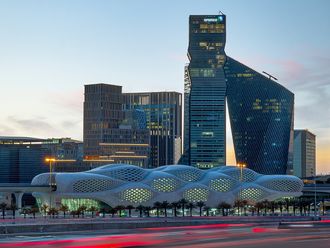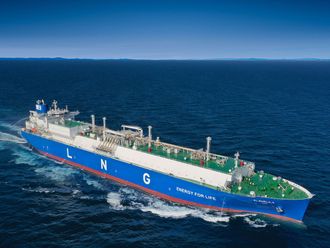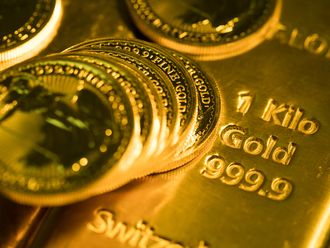
Dubai: Emirates National Oil Company (Enoc), Dubai's government-owned oil retailer, said it is looking to explore new oil and gas opportunities with the potential to partner with foreign companies.
Enoc recently stated in its in-house magazine its plans to explore new fields and evaluate the potential for finding new oil and gas reserves.
"Enoc has begun the process of securing the concession for all areas of Dubai outside the current producing fields... hoping that new exploration technology and the experience of international partners will find new structures which may contain oil or gas," it said.
Dubai, which generates about 5 per cent of its government income from oil, currently produces crude at four offshore fields and is developing another one. The UAE holds around 7 per cent of global crude reserves.
Agreement
"They have only just announced plans. We have to wait until they have announced that they've signed an agreement. If they succeed in concluding an agreement most people would expect that there is more oil and gas to find in Dubai. It would also make sense to seek foreign oil partners as Dubai is a maturing state it would benefit from new ideas and technologies," said an oil analyst.
This comes a couple of months after Enoc announced it would post a Dh2.7 billion loss in 2011 due to selling subsidised fuel.
In June, UAE petrol companies lost an estimated Dh16.5 million a day because of the increasing gap between state-set petrol prices and the actual cost of imports.
Due to limited oil production, Dubai oil retailers are forced to buy petrol at market prices from different sources while neighbouring Abu Dhabi is able to refine its own crude.
‘Upgradation work'
The government revised petrol prices twice last year, however, this year there has been no revision despite sharp rises in international crude and oil product prices.
Earlier this year Enoc, which operates petrol stations under the Enoc and Eppco brands, closed 82 fuel stations across Sharjah, Ajman, Umm Al Quwain, Ras Al Khaimah and Fujairah.
It cited "upgradation work" as the reason for the closure.
Oil prices fell below $99 (Dh363.33) a barrel on Monday as investor uncertainty grew over the impact of an EU deal to solve the debt crisis and as traders waited on this week's Opec meeting for details about the organisation's future crude output.
— With inputs from agencies.


